A Florida judge has dismissed a lawsuit originally brought by more than 100 United Methodist churches wishing to immediately disaffiliate from the Florida Annual Conference of the United Methodist Church.
Eighth Judicial Circuit Court Judge George M. Wright granted a motion to dismiss the suit Monday, saying the court lacked jurisdiction.
“We applaud the court’s ruling today. This clarifies that if a church wants to leave the Conference, it must follow the rules established by the denomination,” Florida Bishop Tom Berlin said in a written statement from the conference.
“We have always supported a process that allows for a gracious exit, and which ensures the departing churches meet their financial, legal and moral obligations to not harm the Conference or the other member churches during their departure.”
The conference has argued that the United Methodist Church’s top court, the Judicial Council, already ruled that churches wishing to leave the denomination must follow the disaffiliation plan approved by a 2019 special session of the United Methodist Church’s General Conference.
Your tax-deductible gift helps our journalists report the truth and hold Christian leaders and organizations accountable. Give a gift of $30 or more to The Roys Report this month, and you will receive a copy of “Baptistland: A Memoir of Abuse, Betrayal, and Transformation” by Christa Brown. To donate, click here.

The judge granted its motion to dismiss the suit, though United Methodist News noted he left it open for an appeal.
The lawsuit filed last summer in Bradford County, Florida, by the National Center for Life and Liberty on behalf of 106 churches alleges the disaffiliation plan’s rules — which require churches to meet certain financial obligations before they can leave with their property — are “onerous, and in many cases, prohibitive.”
Since the special session, which strengthened language in the denomination’s Book of Discipline banning same-sex marriages and the ordination of LGBTQ clergy, more than 2,000 churches have left the United Methodist Church — mostly conservative churches that believe the denomination is moving toward greater inclusion of its LGBTQ members.
At the time the suit was filed, the Rev. Keith Boyette, head of the conservative Global Methodist Church that broke away from the United Methodist Church last year, told Religion News Service, “Florida is the first of what I would anticipate might be a number of similar lawsuits occurring.”
Since then, the number of churches participating in the lawsuit has dwindled to 71 as others withdrew to follow the disaffiliation plan approved by the denomination, according to United Methodist News.
A second lawsuit, by 36 churches in North Carolina also represented by the National Center for Life and Liberty, was also dismissed last month.
 Emily McFarlan Miller is a national reporter for Religion News Service.
Emily McFarlan Miller is a national reporter for Religion News Service.




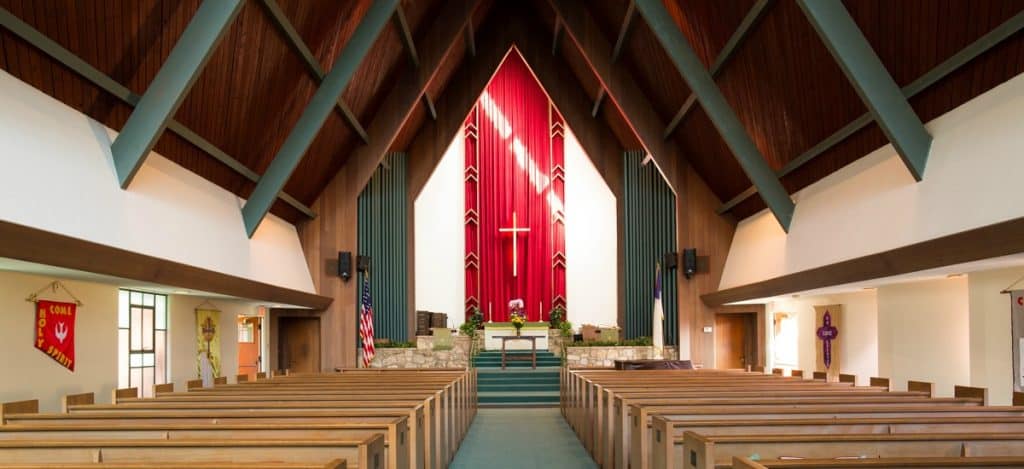
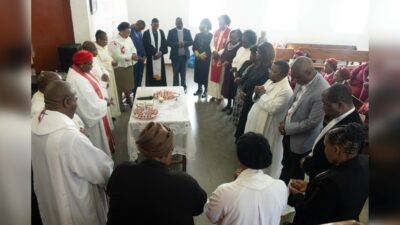

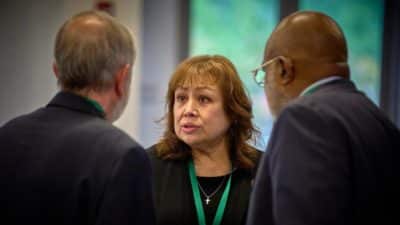
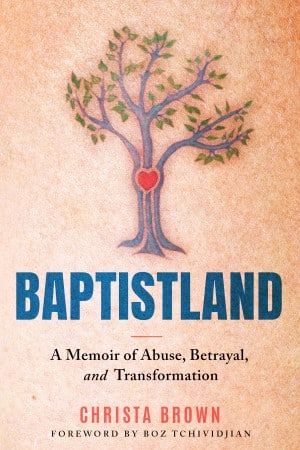
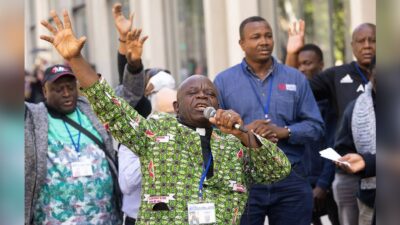
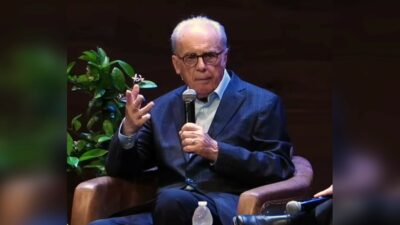
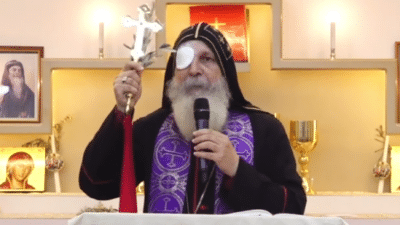

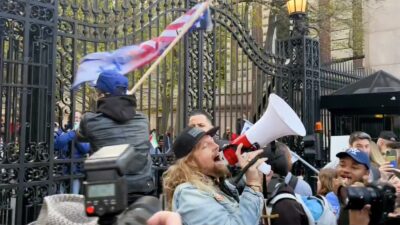







3 Responses
Emily,
You said, “mostly conservative churches that believe the denomination is moving toward greater inclusion of its LGBTQ members.”
This is not correct, as I’ve posted in some variation on nearly every UMC article the Roys Report has posted in the last 2 years. Orthodox Christian Methodists are leaving because the leaders of the denomination don’t believe Jesus is God, or that Jesus is the Savior, and believe that the Bible is unreliable and needs held accountable to modern moral values and ethics instead of the other way around. Many don’t care about human sexuality at all, or would be willing to live in disagreement on the issue.
And… Bishops are completely out of control, actively defying the rules they are punishing churches with. I wish the Roys Report would take the time to report this story more accurately. It’s demeaning to the faithful believers going through this trial.
Facts matter. The denomination left it’s churches. It’s too bad they can’t just close their doors, rent space in a school or theater, raise funds and get another space with a new name and let the denomination have the building. Unfortunately the pastors are stuck because unless they fall in line and churches pay these exorbitant fees, their retirement is gone. It’s all such a shame.
To any departing Methodists reading this, I speak here as a non-lawyer, and as a sympathetic member of a movement birthed during a split from another mainline denomination.
As a citizen, I believe the judge is right to dismiss this suit, properly concluding that a secular court in this country has no jurisdiction in this matter. The feelings of orthodox Methodists are understandable, but freedom of religion cuts both ways, for individuals and for institutions, and no secular judge in his or her right mind should want to stand in the middle of a question of religious doctrine or governance.
As to the process for leaving gracefully, at least the UMC is providing a way out that allows congregations to keep their properties. Other mainline protestant denominations have skipped this step and aggressively sued departing congregations to assert their property rights. Courts will hear these cases because they concern property rights, not religious questions. And in most cases, denominational property rights are very well-established and backed by precedent. If you think I’m wrong or you have some unique situation, please, by all means, ask a competent attorney who actually knows the jurisprudence on this and doesn’t want to waste your time or resources.
If your congregation is contemplating departure and is in position to meet the UMC’s terms, I highly recommend taking this route while you still can. If you can’t or don’t want to meet the terms, I urge you to consider the cost and the fullness of what it means to follow your conscience, as a group and as individuals, while the UMC goes the way of every other mainline protestant denomination. Historically, many Christians have had it far worse over conscience matters than any departing mainline protestant in today’s United States.